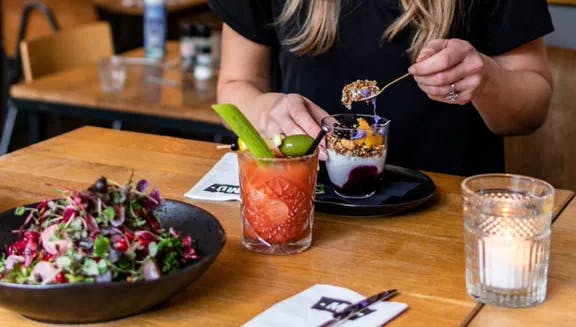
FOODCITYBOOST project is set to receive €5 million to promote sustainable urban agriculture
Smart decisions in urban development
In order to fight climate change, the agriculture industry needs to adopt sustainable farming practices that contribute to the reduction of air, water, and soil pollution while safeguarding biodiversity. The FOODCITYBOOST project plans to drive innovation and collaboration while addressing sustainability within urban development.
Led by the Vrije University Amsterdam, the FOODCITYBOOST project collaborates with more than 100 stakeholders across six case studies using living labs to evaluate urban agriculture and develop policies to promote sustainable development.
The initiative is set to receive 5 million euros for assessing the impact of urban agriculture. The goal is to develop a practical tool that aids in making informed decisions about promoting sustainable development. Policymakers and practitioners are in urgent need of knowledge regarding the benefits, impacts, and risks associated with urban agriculture.
Learning from a multidisciplinary approach
The extensive amount of stakeholder and case studies working with the 'living labs' allows for learning not only from local regions and cities which are supported by regional policy but also across Europe.
The project is extensive in size and expertise, bringing together a diverse array of disciplines, to help guide and inform experts on how effective urban agriculture works in certain aspects of a city or region– whether social, environmental and economic.
Where good practices grow better
Ranked as the second-largest ecosystem in Europe and 14th globally by Startup Genome, Amsterdam not only stands as a hub for innovation but is also a frontrunner in agritech and new food ventures. The city's food landscape is teeming with pioneering businesses and entrepreneurs dedicated to integrating green practices across various sectors.
The city is leading the food transition, with Amsterdam's diverse food innovators working to advance sustainable food systems. Among them, Growy, a next-level farming company employing vertical, pesticide-free practices to make healthy and sustainable food both innovative and affordable.
Together these initiatives help shape Amsterdam as a beacon for the food transition through collaborative and transformative efforts
Related articles

Amsterdam first EU capital to embrace the Plant Based Treaty

Amsterdam’s Pymwymic surpasses fundraising target securing €71.5M for scaling AgriFood startups

Amsterdam’s Farmless secures €1M to advance carbon-negative protein production

Upfield is revolutionising packaging by going plastic-free

Agritech startup Agurotech raises €2.25 million

Source.ag named Startup of the Year 2024 in AgTech Breakthrough Awards

Amsterdam’s Source.ag expands to North America to scale food innovations

Amsterdam’s Growy wins at the 2024 Vertical Farming World Awards

Vertical farming company Growy lays roots at CTPark Amsterdam

